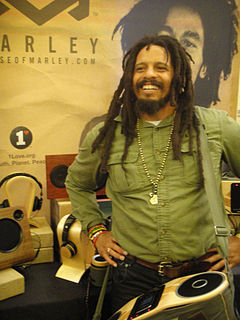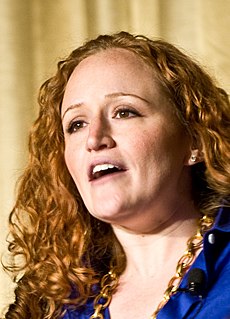A Quote by Jesmyn Ward
When I was writing the memoir, every page was a battle with myself because I knew I had to tell the truth. That's what the memoir form demands. I also had to figure out how much of the truth do I tell, how do I make the truth as balanced as I possibly can? How do I make these people as complicated and as human and as unique and as multifaceted as I possibly can? For me, that was the way I attempted to counteract some of that criticism.
Related Quotes
How forthright does the audience want the broadcasters to be? Because when you tell your truth, there's a lot of anger that comes out. I think it's a good question to ask TV people [executives] too. How much truth do they want to be told? How much truth does the league want told? Because the truth isn't just a positive truth. If you're going to tell the truth, you would be telling a lot of positive and some negative.
Right now in American writing there is no genre as exciting as memoir - the writer can do anything, as long as it works. It's like the 1920s up in this joint. So, I'd say, experiment with how you tell the story. In the best memoir it's not the what, it's how the writer tells the what - meaning and effect through form.
You know, I'm one of millions of undocumented people in this country who are living kind of under the shadows. And in many ways, coming out, it was my way of - at the end of the day, I think we have to tell the truth about this immigration system. And because of that, I had to tell the truth about myself.
I studiously avoided all so-called "holy men." I did so because I had to make do with my own truth, not accept from others what I could not attain on my own. I would have felt it as a theft had I attempted to learn from the holy men and to accept their truth for myself. Neither in Europe can I make any borrowings from the East, but must shape my life out of myself-out of what my inner being tells me, or what nature brings to me.
Sometimes it seems like we're all living in some kind of prison, and the crime is how much we all hate ourselves. It's good to get really dressed up once in a while and admit the truth - that when you really look closely, people are so strange and so complicated that they're actually beautiful. Possibly even me.
Sometimes I don't tell the truth, which is telling the truth about not telling the truth. I think people don't tell the truth when they're afraid that something bad's going to happen if they tell the truth. I say things all the time that I could really get into trouble for, but they kind of blow over.
How many slams in an old screen door?
Depends how loud you shut it.
How many slices in a bread?
Depends how thin you cut it.
How much good inside a day?
Depends how good you live 'em.
How much love inside a friend?
Depends how much you give 'em.”
? How Many, How Much by Shel Silverstein
“Tell the truth, or someone will tell it for you.






































